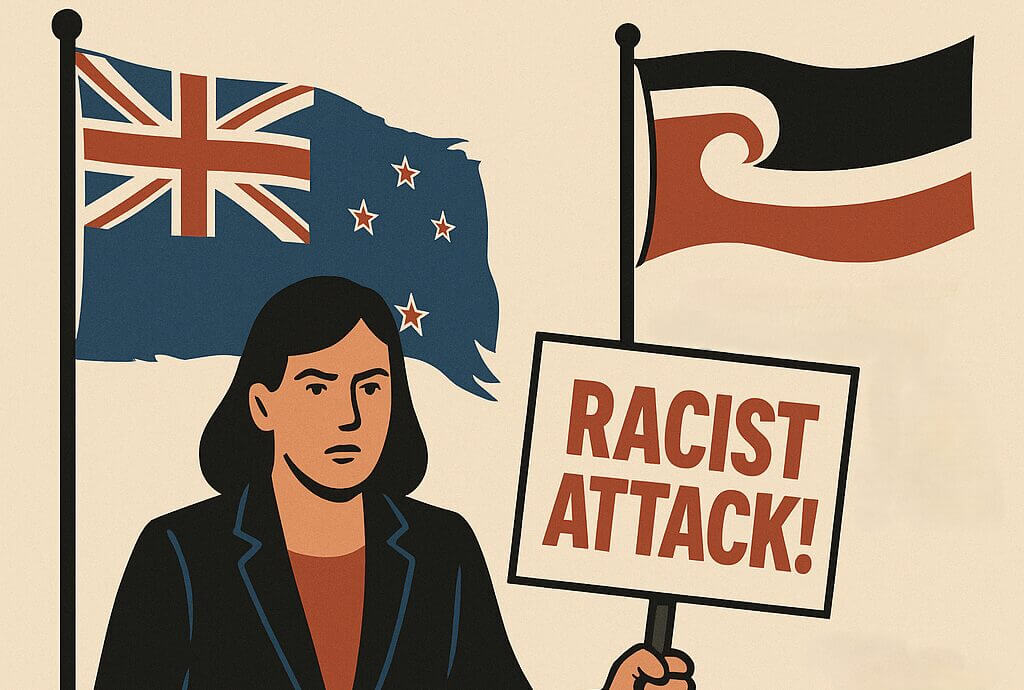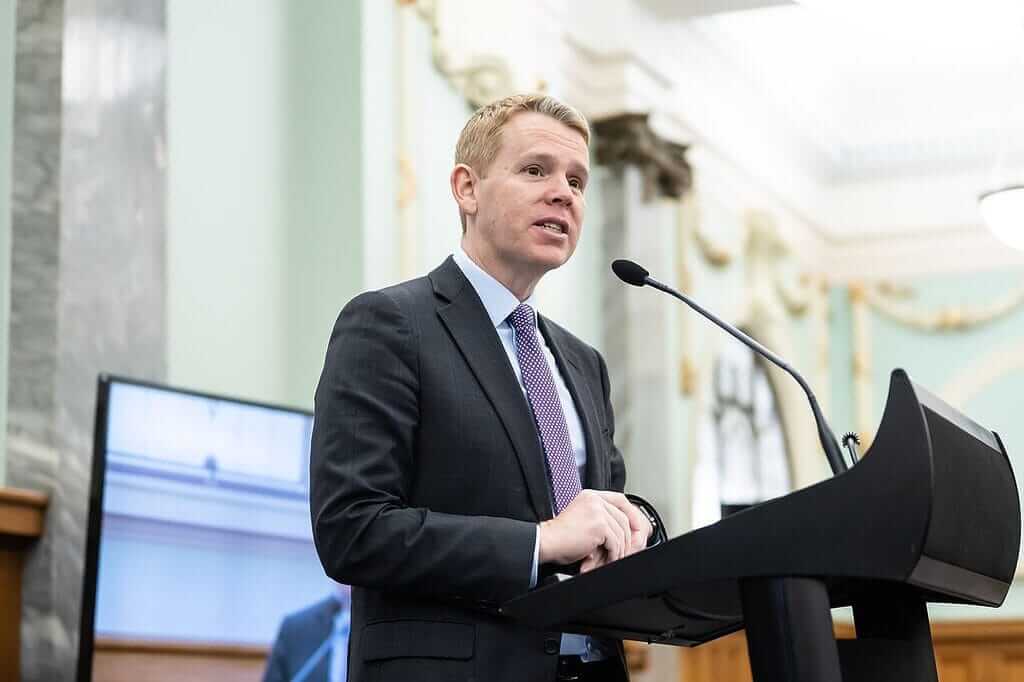In brief
- Hipkins says co-governance is not part of the water forms, nor ever has been. Someone should tell Nanaia Mahuta that.
- Co-governance doesn’t have a formal definition, but it invariably calls for undermining democracy in favour of unelected iwi representation.
- Regardless of how Hipkins wants to define it, removing “one person, one vote” accountability is deeply unpopular with New Zealanders.
Hipkins muddies the waters on co-governance
Prime Minister Chris Hipkins, in his roll out of the rebranded Three Waters reforms, now called Affordable Water reforms, is refusing to acknowledge co-governance is even an issue.

In a highly disingenuous move, the Prime Minister is denying co-governance ever played a role in the reforms. Hipkins told reporters, at the rollout of the water reforms rebranding “It’s not co-governance and it wasn’t co-governance”.
Tuku Morgan, chair of the Tainui and the water service entity overseeing Auckland, has also adopted the strategy of now denying co-governance is a thing. Morgan is opting to call it a “Partnership Board”.
How are they justifying this?
Co-governance has no formal definition. It essentially involves replacing democratically elected representation, be they Māori or Pākehā, and replacing them with iwi-selected Māori representatives.
Former local government minister Nanaia Mahuta called the measures to control the then four (now ten) Regional Representative Groups (RRGs) “co-governance.” “Let me be clear” she said at the time.
The rebranded RRGs will be split 50:50 with local iwi representatives. Those RRGs then appoint the Independent Selection Panel, who in turn will determine the make-up of the boards of the Water Service Entities.
In addition, appointees to the boards themselves will be required to have “cultural competencies” in relation to Te Tiriti principles of “co-governance” and “partnership”, Māori knowledge, customs and worldview. Sorting for favourable predisposition is very powerful and standard fare for politicians trying to set something up they want to call independent, but actually want to have tilted their direction. Just look at the NZ Human Rights Commission or the US Supreme Court, as two examples out of a virtually infinite pool.
And of course, the iwi reps will wield the power of the Te Mana o Te Wai statements that give them near dictatorial powers over fresh water resources at any time they wish.
Hipkins claims a “full co-governance model” was discussed, but rejected in water reforms. But what’s the difference between a “full co-governance model” and the current version?
Labour and co-governance
Three waters has proven deeply unpopular with most Kiwis. Why would an essentially rebranded version of the same thing be any more popular?
Other than massively expanded debt financing euphemistically sold as “savings”, many suspect Labour’s water reforms to be little more than an asset grab by a small group of elitists. However, the voices of the majority have been effectively silenced by accusations of racism against anyone raising concerns that democratic oversight is being removed.
It’s doubtful the majority of Kiwis would find co-governance any more palatable if it were a small group of unelected whites given the powers afforded to the Maori elite here. It has nothing to do with race and everything to do with undemocratic privilege.
National, ACT and NZ First have all vowed to scrap Labour’s divisive reforms (and have all been called racist for vowing to do so).
Labour’s move to dilute democracy has damaged New Zealand’s social cohesion. Promising race-based co-governance powers to Māori elitists has created resentment and conflict on both sides.
For much of New Zealand, co-governance is a big problem. No wonder Hipkins wants to pretend it’s not happening.



















